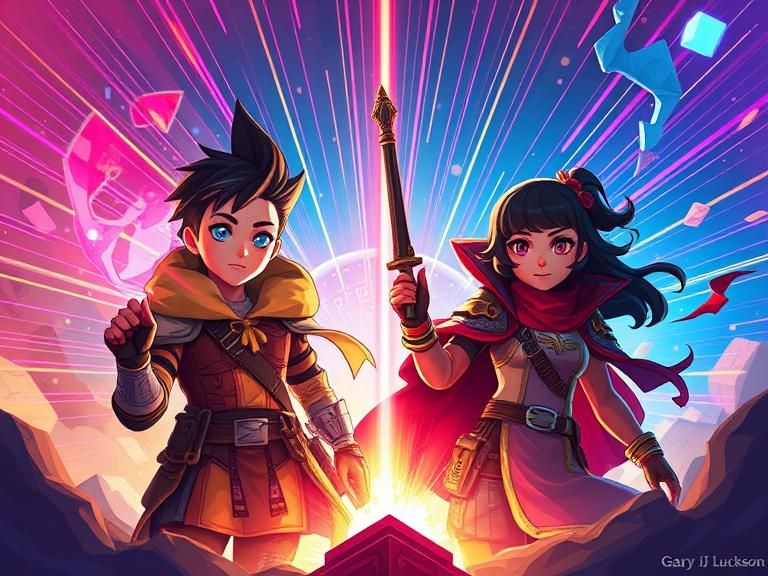Well-written companion characters do more than assist in combat—they enhance world-building, player choice, and emotional depth. Their presence turns a solo experience into a shared journey.
In Mass Effect, companions are central to both story and strategy. Each has unique skills, personal quests, and moral perspectives. Your choices shape their loyalty and even their survival. Conversations feel like relationships, not scripted functions.
The Witcher 3 uses companions more sparingly but effectively. Characters like Yennefer, Triss, and Ciri offer rich backstories and motivations. Their dialogue reacts to Geralt’s decisions, giving weight to past actions and branching possibilities.
Dragon Age: Inquisition is another strong example. Companions comment on the world, argue with each other, and provide ideological contrasts. This adds layers to the narrative—your party is not just following orders, they’re responding to events in real time.
Effective companion design includes:
- Distinct personalities and philosophies
- Reactive dialogue systems
- Mechanical integration (combat synergy, exploration bonuses)
- Optional depth (personal quests, romance arcs)
Companions reflect the emotional stakes of the story. When they approve, it feels rewarding. When they disapprove or leave, the consequence hits harder than a simple game over.
A good companion becomes more than AI—they become memory. Players remember who they fought beside, not just what they fought.



Leave a Reply